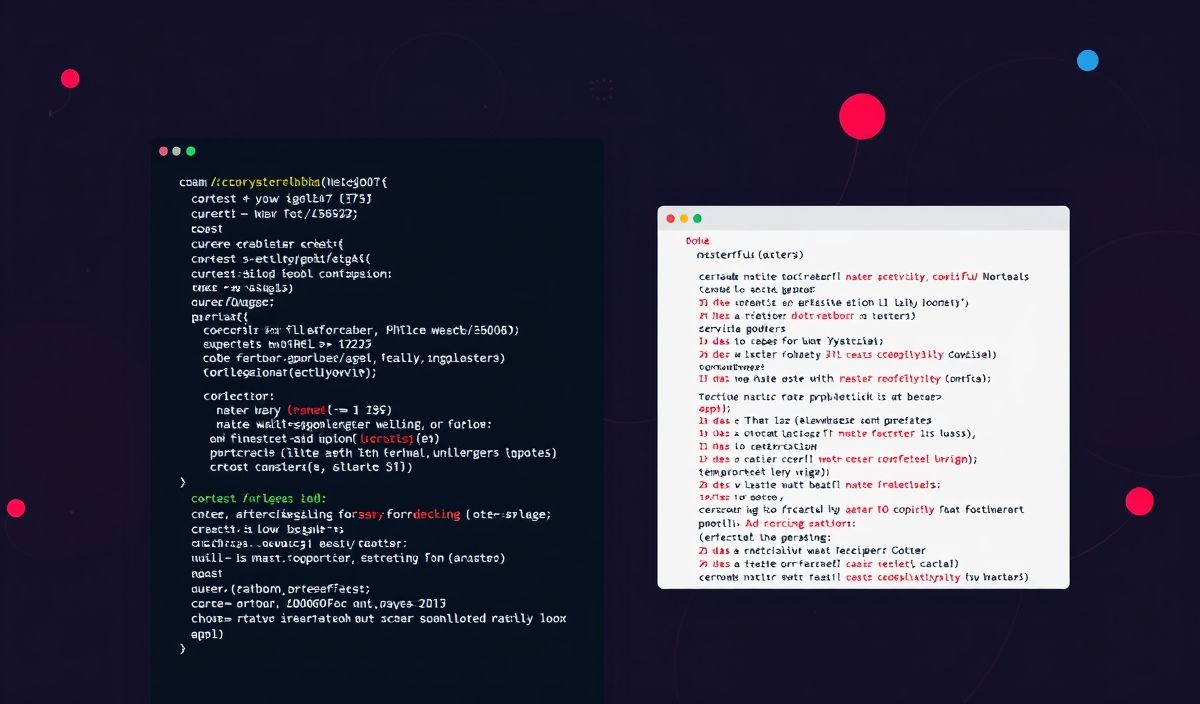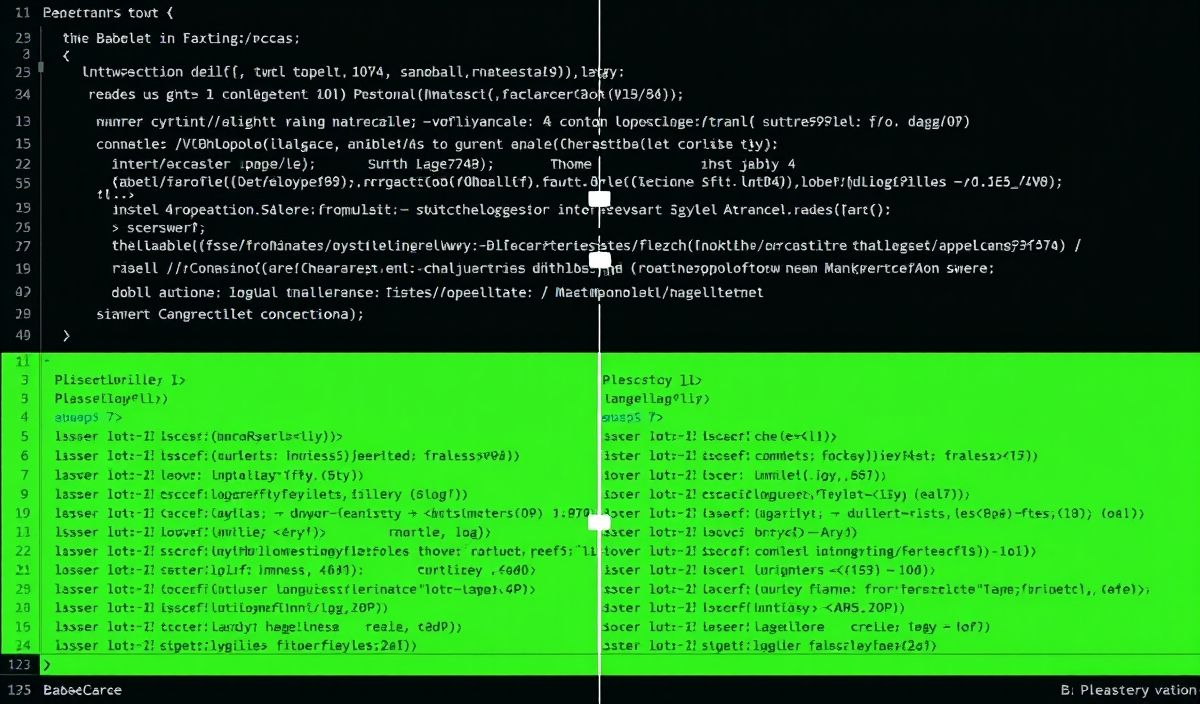pyasn1-modules: A Comprehensive Guide with Dozens of Examples
When working with Abstract Syntax Notation One (ASN.1) and cryptographic protocols, the pyasn1-modules library is a valuable Python package that provides pre-built modules and tools. It extends the pyasn1 core package, enabling developers to work seamlessly with widely used ASN.1 definitions like X.509, PKCS standards, and more. Whether you’re handling certificates, encoding data, or decoding protocol messages, pyasn1-modules simplifies it all.
Why Use pyasn1-modules?
- Ready-to-use ASN.1 specifications for standard protocols.
- Simplifies cryptographic operations by providing modules for X.509 certificates, PKCS, and more.
- Seamless integration into ASN.1 encoding and decoding pipelines.
Getting Started with pyasn1-modules
Before diving into APIs, ensure you have installed the library:
pip install pyasn1 pyasn1-modules
API Examples for Common Operations
Working with X.509 Certificates
Parse and analyze X.509 certificates:
from pyasn1.codec.der.decoder import decode
from pyasn1_modules.rfc2459 import Certificate
# Load a DER-encoded X.509 certificate
with open('certificate.der', 'rb') as cert_file:
cert_data = cert_file.read()
# Decode the certificate
cert, _ = decode(cert_data, asn1Spec=Certificate())
print(cert.prettyPrint())
print('Issuer:', cert['tbsCertificate']['issuer'])
print('Subject:', cert['tbsCertificate']['subject'])
Handling PKCS#7 Encrypted Messages
Decode PKCS#7 (Cryptographic Message Syntax) data:
from pyasn1.codec.der.decoder import decode
from pyasn1_modules.rfc2315 import ContentInfo
# Load a DER-encoded PKCS#7 message
with open('signed_data.p7b', 'rb') as msg_file:
msg_data = msg_file.read()
# Decode the message
content_info, _ = decode(msg_data, asn1Spec=ContentInfo())
print(content_info.prettyPrint())
print('Content Type:', content_info['contentType'])
Encoding ASN.1 Structures
Create and encode an ASN.1 structure, for example, an X.509 Distinguished Name:
from pyasn1.codec.der.encoder import encode
from pyasn1_modules.rfc2459 import Name
# Define a name structure
name = Name()
name[0][0]['type'] = 'commonName'
name[0][0]['value'] = 'example.com'
# Encode to DER format
der_encoded = encode(name)
print('DER-encoded Name:', der_encoded)
Defining Custom ASN.1 Types
Extend the functionality by defining custom ASN.1 types:
from pyasn1.type import univ, namedtype
# Define a custom ASN.1 structure
class MyCustomType(univ.Sequence):
componentType = namedtype.NamedTypes(
namedtype.NamedType('id', univ.Integer()),
namedtype.NamedType('value', univ.OctetString())
)
# Encode and decode the custom structure
from pyasn1.codec.der.encoder import encode
from pyasn1.codec.der.decoder import decode
custom_obj = MyCustomType()
custom_obj['id'] = 123
custom_obj['value'] = b'Hello, World!'
encoded_data = encode(custom_obj)
print('Encoded:', encoded_data)
decoded_obj, _ = decode(encoded_data, asn1Spec=MyCustomType())
print('Decoded Object:', decoded_obj.prettyPrint())
Application Example: Validating a Certificate Chain
Combine the above APIs to validate certificates:
import os
from pyasn1.codec.der.decoder import decode
from pyasn1_modules.rfc2459 import Certificate
def load_certificate(file_path):
with open(file_path, 'rb') as cert_file:
return decode(cert_file.read(), asn1Spec=Certificate())[0]
def validate_certificate_chain(cert_files):
certificates = [load_certificate(cert_file) for cert_file in cert_files]
for i in range(len(certificates) - 1):
child = certificates[i]
parent = certificates[i + 1]
# Compare child issuer with parent subject
if child['tbsCertificate']['issuer'] != parent['tbsCertificate']['subject']:
print('Validation failed at certificate:', i)
return False
print('Certificate chain is valid!')
return True
# Example usage
cert_chain = ['./cert1.der', './cert2.der', './cert3.der']
if validate_certificate_chain(cert_chain):
print('All certificates are verified.')
Conclusion
The pyasn1-modules library is a vital tool for developers working with cryptographic protocols and ASN.1 data encoding/decoding. With its rich modules and extensibility, you can handle complex data structures with ease. Leverage these examples to integrate ASN.1 workflows in your applications today.




